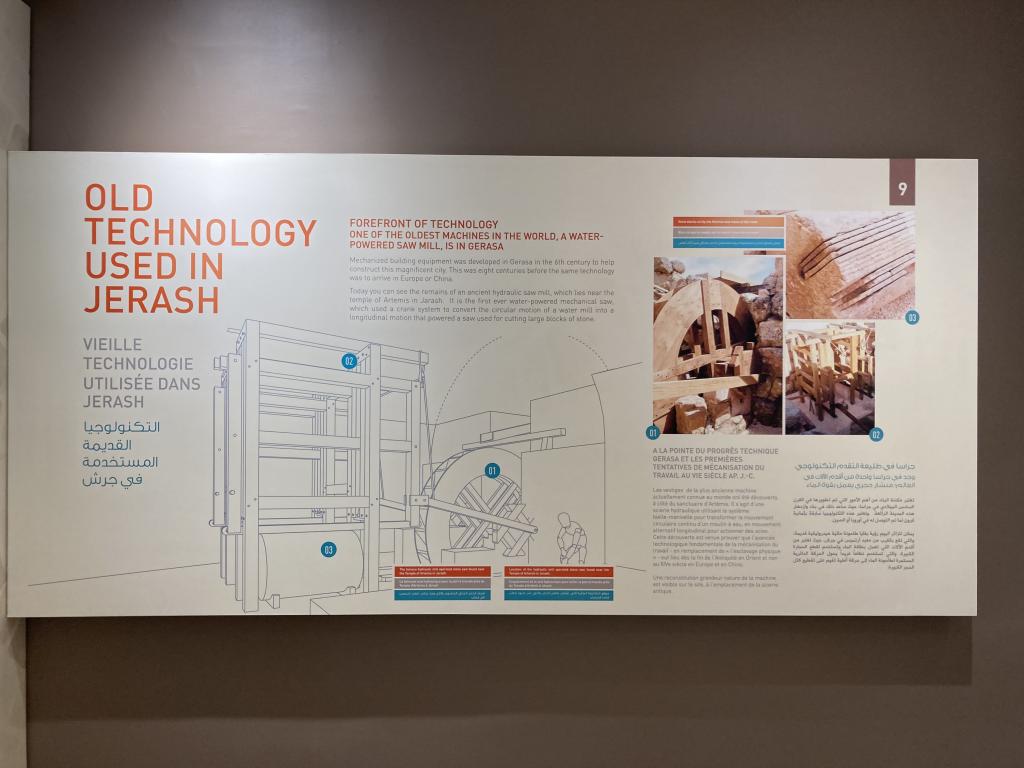NAWAMED partners in Jordan planned the future activities and shared know-how to finalise their installations for reusing greywater
During these two years and a half of project, we had several meetings; unfortunately, most of them were online due to the COVID pandemic, which also caused many activities to be rescheduled due to the related unexpected problems. Furthermore, the difficulties in installing the innovative systems proposed by the project, such as the green walls and green façades for treating greywater that the construction companies are not familiar with, caused other delays. The latter is another reason why this project is so important. NAWAMED partners are training the economic operators to make them able to invest in innovation, thus in solutions to face water scarcity and improve their knowledge to be an active part of the green transition. Demand and offer need to grow together, and NAWAMED partners face this challenge, avoiding that demonstrative measures are isolated actions.
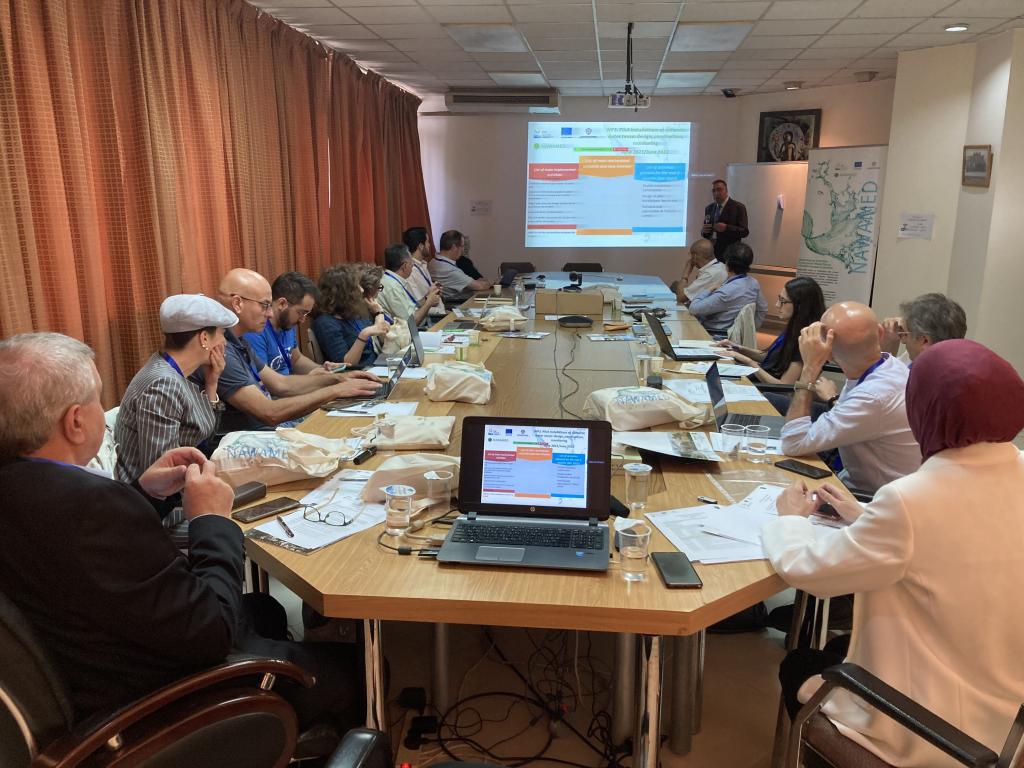
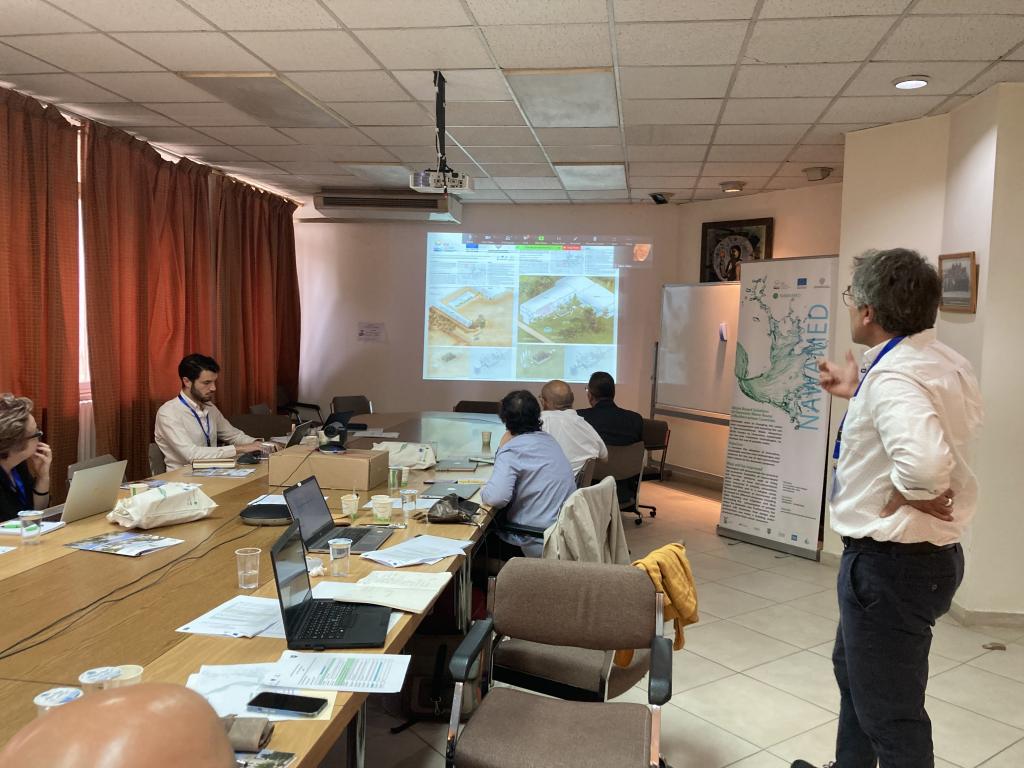
Even if the project faced and faces several difficulties, NAWAMED partners commit not only to reaching the project goals but also to improving them. The project will integrate new activities to train construction companies, adjust the pilot blueprints to budget shortages, and merge competencies by inviting colleagues from other technical and scientific fields. This is cooperation! Not only at the Mediterranean level but also at the local level, where the project will leave an impact after its end with qualitative and quantitative results and a possible path for the upscaling and mainstreaming of NAWAMED solutions.
With this commitment, in Amman, Nawamed partners discussed the best way to organise the technical workshops and technical training modules. They shared ideas on how to involve the decision-makers to reach meaningful decisions. The “water tables” and decision-makers workshops are meant to face barriers and cultivate solutions and concrete proposals to foster the use of non-Conventional water in the Mediterranean area.
To this aim, the hosting partner, the University of Jordan, represented by Prof. Ahmed Al-Salaymeh organised two important meetings. One with the Mayor of Jerash, Ahmed Hashem Al-Atoum, a municipality which will host one of the pilot plants, and a second with Inaam Abdulla Khalaf, Vice-president at the University of Jordan, who will soon start constructing another plant to treat and reuse grey water from a student the dormitory. The Major of Jerash and the Vice-president at the University of Jordan were glad to receive the NAWAMED partners, and they declared their commitment to ensuring the project's sustainability. Greywater is an important resource at the urban level that must be integrated with the other measures already in place at the national level, such as rainwater harvesting, to address the water scarcity problems.

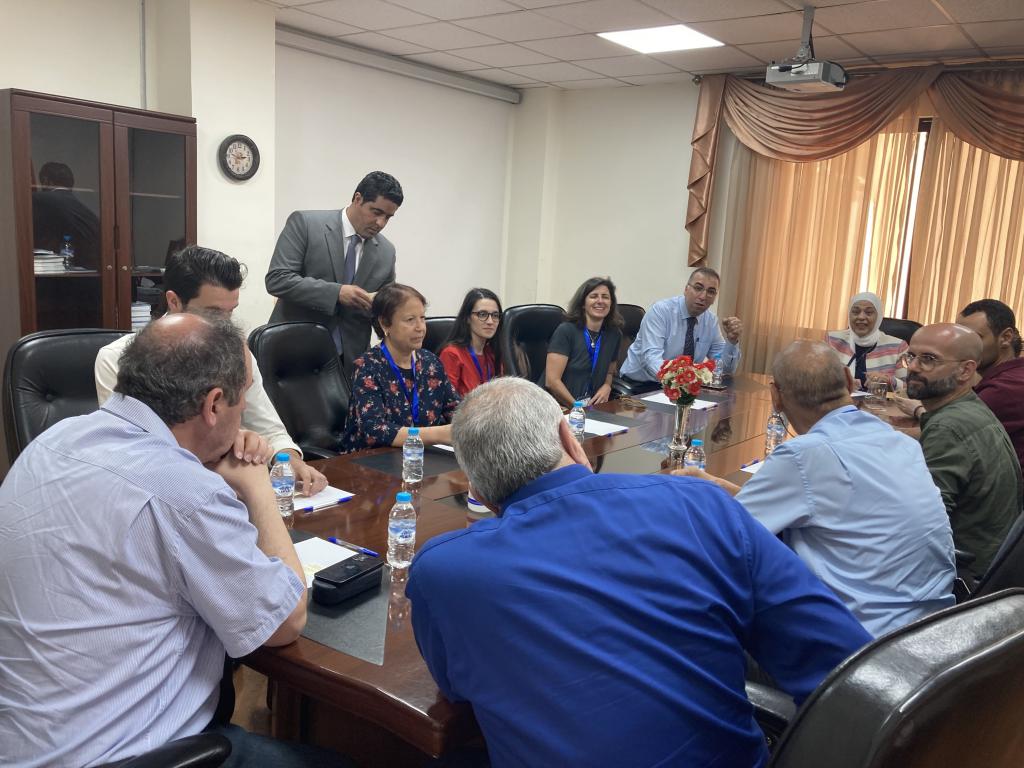
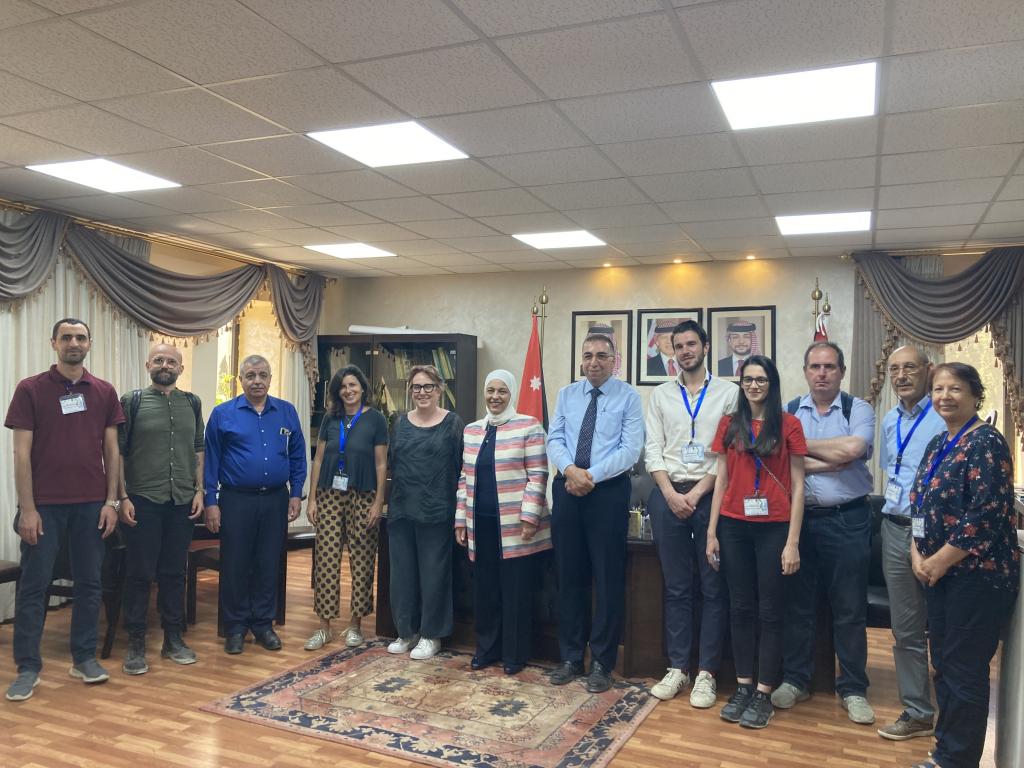
Visiting the places, meeting the people directly involved and beneficiaries of the pilot installations, and understanding beyond reports, words, pictures and drafts of local contexts are pivotal activities for tailoring the best solutions and ensuring the expected impacts. Something that we have been missing during the last years.
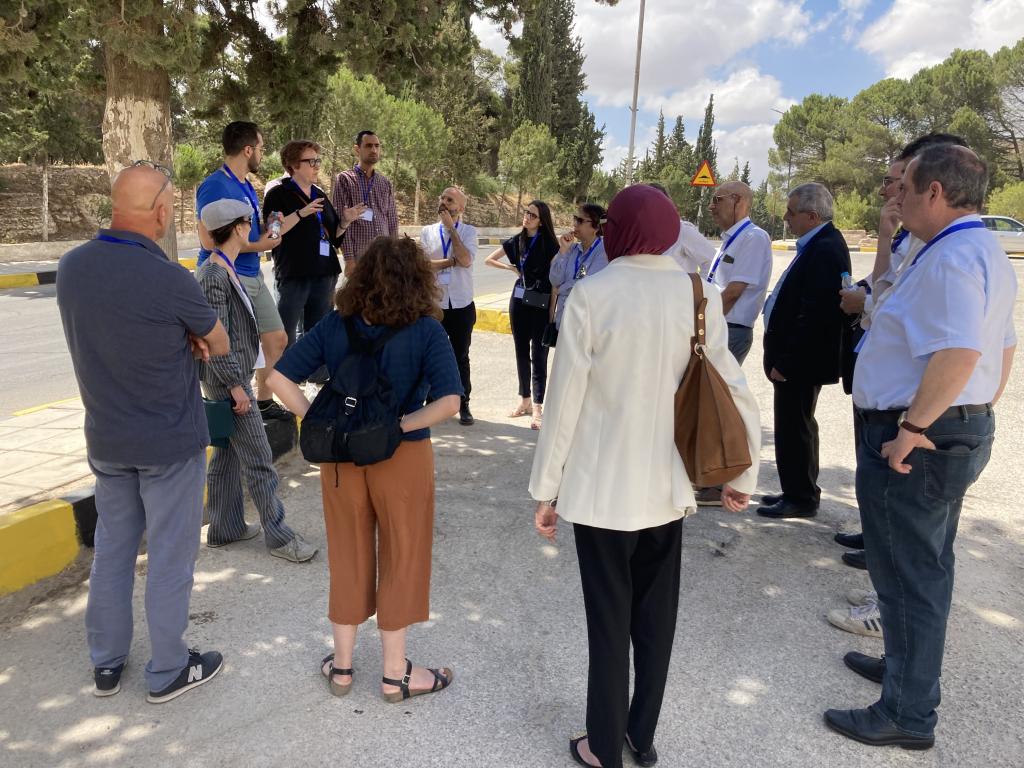
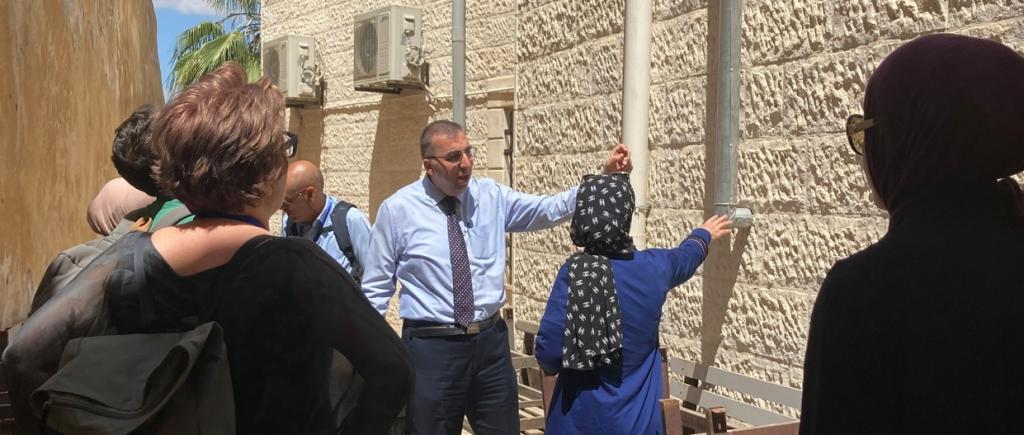
For this and many other reasons, not least the human relationship reinforced during the meetings, these three days were so important and allowed the partners to embrace the good energies and be ready to finalise the activities and plan the next ones, the events and the meetings.
The partners gather to discuss the project's remaining activities, visit the sites hosting the pilot plants in Jordan, and meet the construction company in charge of building one of the greywater treatment plants.
It would be an opportunity for the construction company to meet with the IRIDRA engineers who designed the water purifying system at the base of this nature-based solution for reusing greywater, thus examining issues related to the installation phases.

